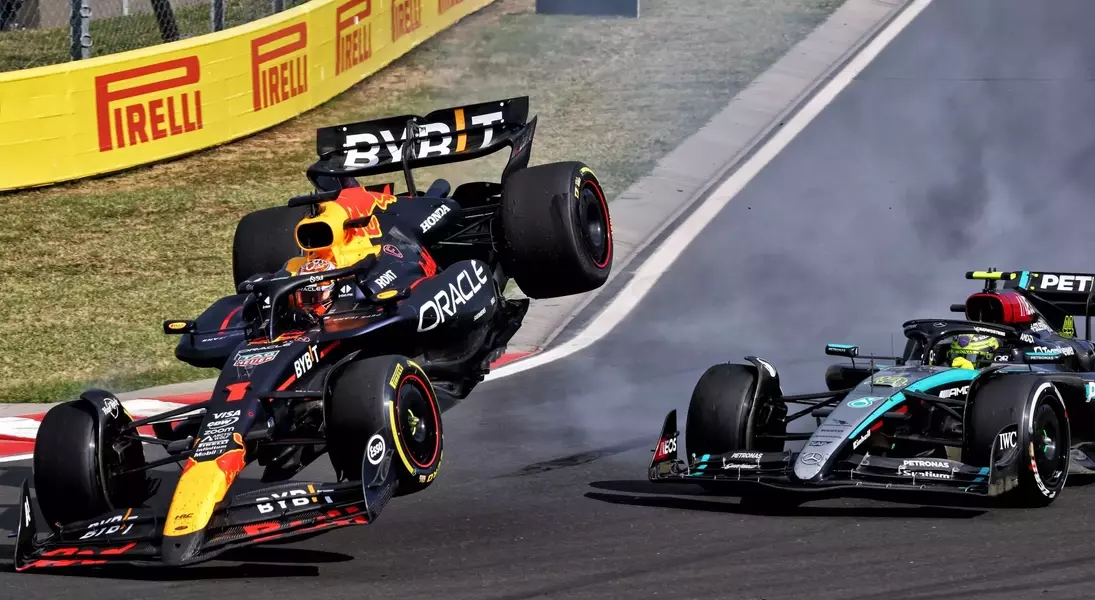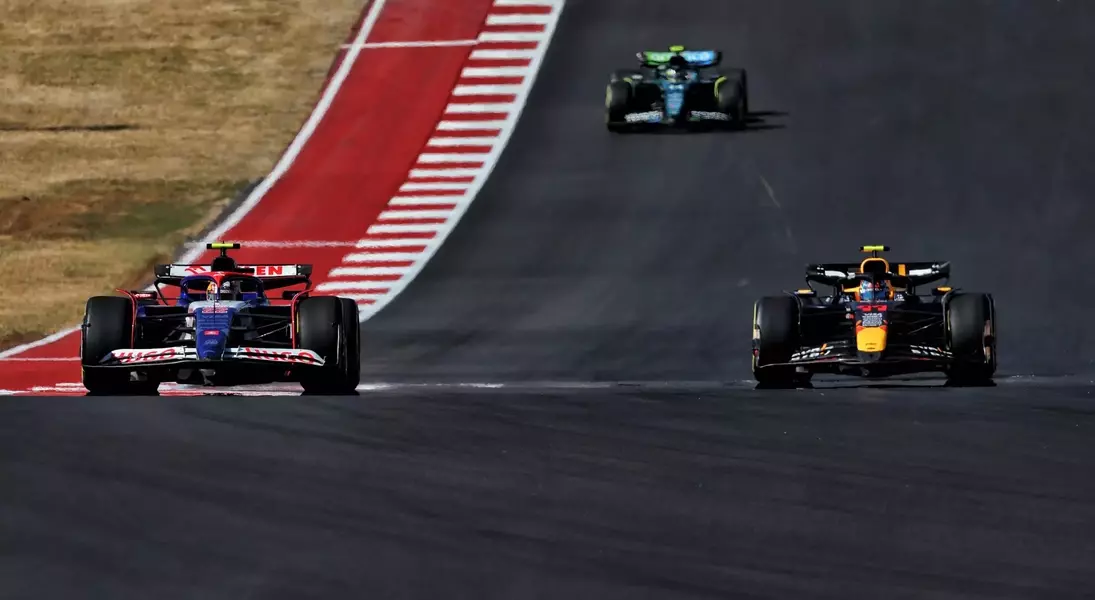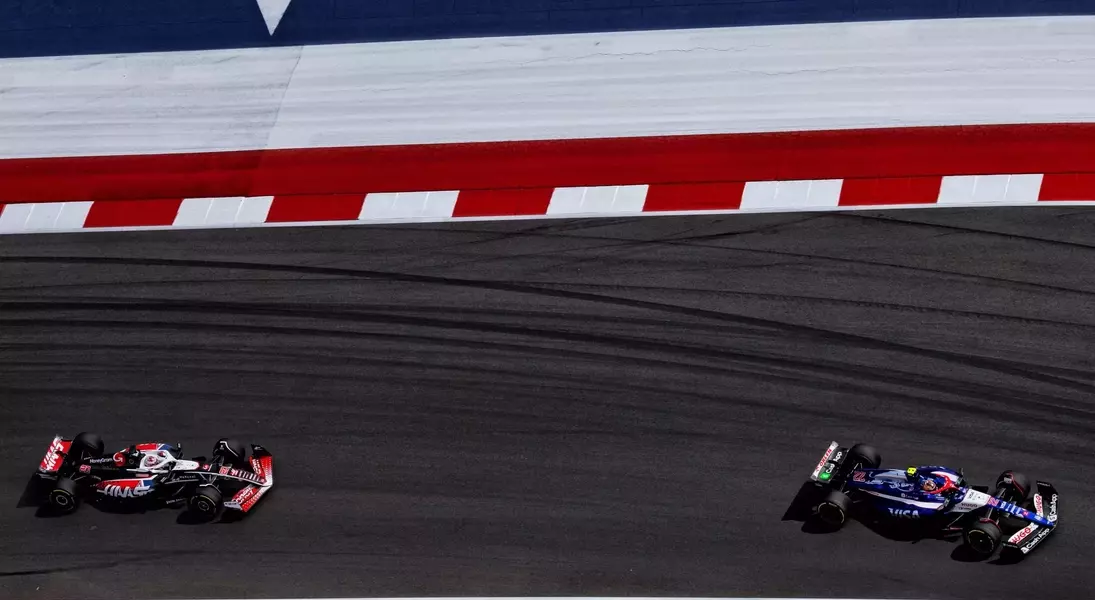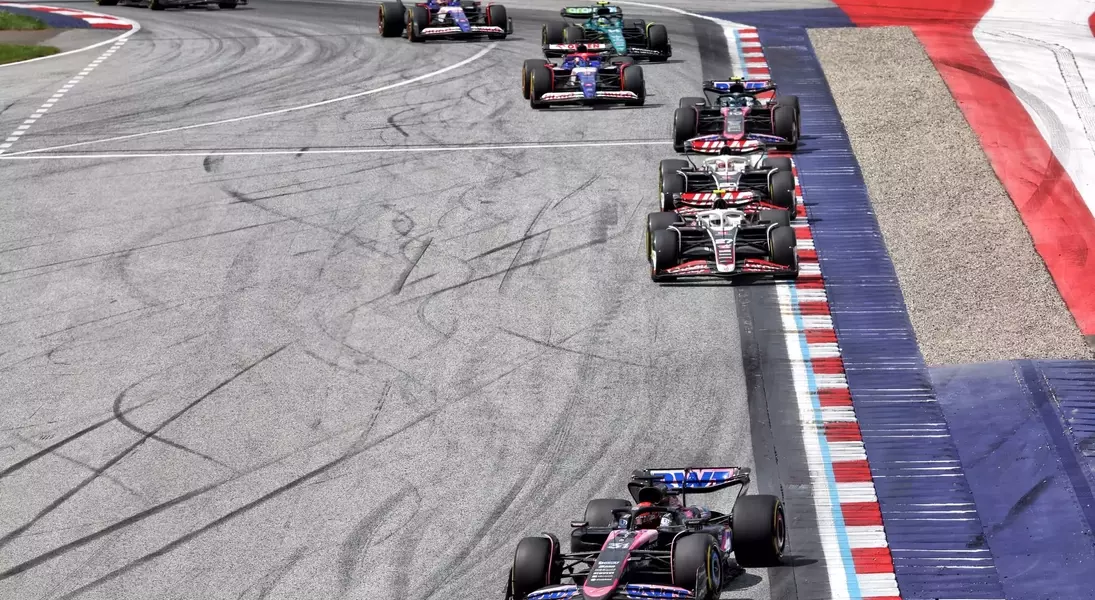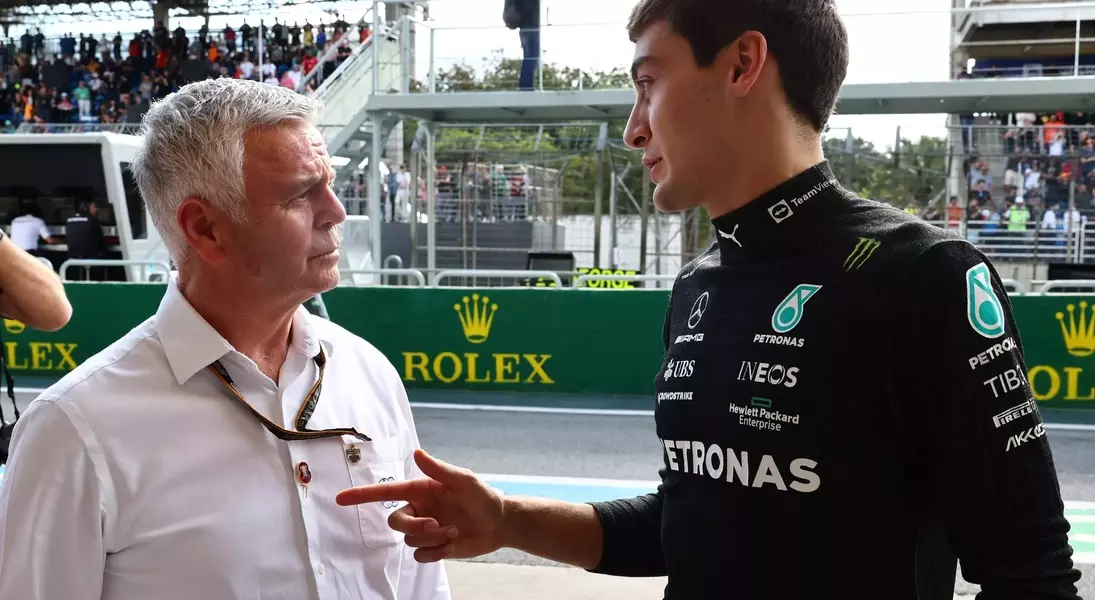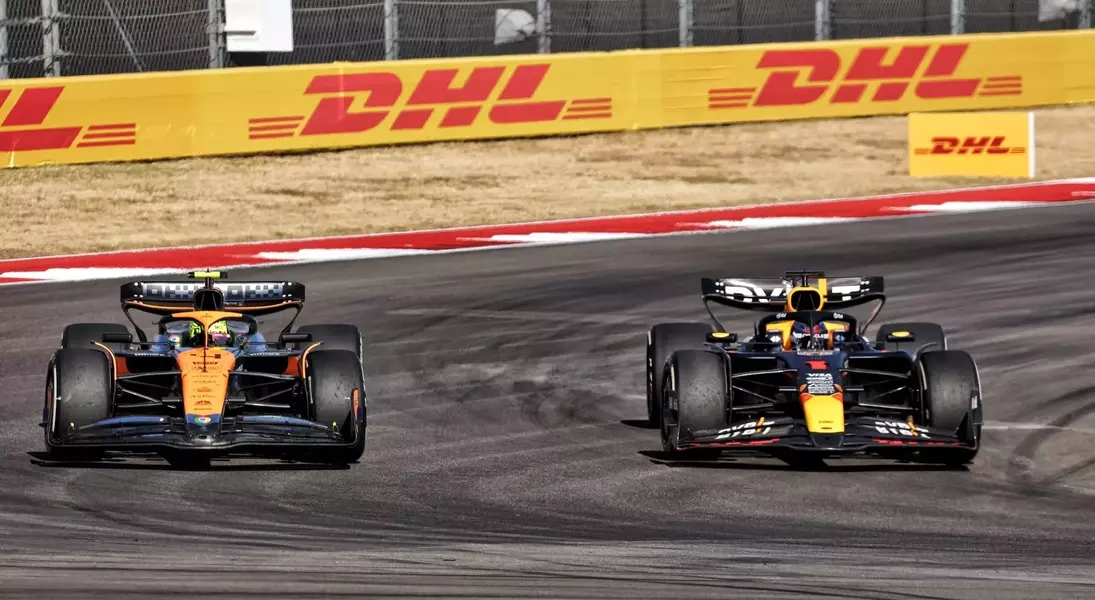The world of Formula 1 racing has been abuzz with discussions surrounding the sport's racing guidelines, as multiple drivers have voiced their discontent and called for change in the wake of controversial incidents during the Austin weekend. From Lando Norris's penalty for passing Max Verstappen off-track to the various other incidents that left both involved and observing drivers unimpressed, it's clear that the current regulations are a source of widespread dissatisfaction among the drivers.
Drivers Demand Clarity and Fairness in F1 Racing
Overregulation and the Need for Balance
World champion Max Verstappen has acknowledged the balancing act that F1 must find, as the sport has become "definitely overregulated" with the guidelines growing in length. Verstappen joked about needing "the book in the car" to keep up with the rules, highlighting the complexity and challenges faced by drivers. Red Bull driver Yuki Tsunoda cautioned that F1 racing might as well be "AI fighting" if the current approach to judgements continues, as drivers feel they are being expected to drive like "machines" rather than engage in the passionate battles that fans crave.Seeking Inspiration from Other Racing Series
Outgoing Haas driver Kevin Magnussen believes the current guidelines are "not great for racing right now" and are "very sort of restricted and it's not ideal." He suggests that F1 should look to other series like IndyCar as a blueprint, arguing that the sport must decide whether it wants the drivers to race each other hard, as that may not be the case if they face a high risk of penalties for their actions.The Role of Circuit Design in Shaping Racing
Carlos Sainz and Alex Albon have both highlighted the importance of circuit design in addressing the issues surrounding the racing guidelines. Sainz believes that circuit changes, such as the introduction of gravel traps, could help curb some of the problems, as drivers would be less inclined to take risks if they knew the consequences could be severe. Albon added that the issues are less prevalent on certain tracks, such as Singapore and Monaco, where the layout provides less opportunity for controversial incidents.Consistency and Professionalism in Stewardship
Grand Prix Drivers' Association director George Russell and Lewis Hamilton have both advocated for the introduction of permanent stewards, similar to the professional referees in other sports. They believe this could help improve consistency in decision-making and ensure that the stewards are fully dedicated to their roles, rather than serving as "volunteers" as is currently the case.Debating the Merits of the 2024 Overtaking Rules
One aspect of the 2024 racing guidelines that has drawn particular criticism is the requirement that the attacking driver needs to have their front axle "level from apex to exit" for the move to be considered legal. Drivers like Carlos Sainz and Yuki Tsunoda have expressed concerns that this rule could incentivize "divebombing" tactics, where drivers prioritize getting their front axle ahead at the apex, even if they cannot complete the corner safely. Pierre Gasly has also called for this specific rule to be reconsidered, arguing that it needs to be changed to promote fairer and more controlled overtaking maneuvers.Differing Perspectives on the Current Guidelines
While many drivers have voiced their dissatisfaction with the current racing guidelines, not everyone shares the same view. Lando Norris, for example, stated that he had no issue with the guidelines in principle, aside from his belief that his Austin penalty was unfair. Sauber's Valtteri Bottas also expressed a more positive outlook, stating that the rules have been "pretty clear" and that the issues arise when some drivers "push the limits of the regulations more and almost like taking the p*** out of it."The ongoing debate surrounding Formula 1's racing guidelines highlights the complex and multifaceted nature of the sport's regulatory landscape. As drivers continue to voice their concerns and call for change, it will be interesting to see how the governing body, the FIA, responds and whether the sport can find a balance that satisfies both the drivers and the fans who crave the thrilling on-track battles that have long been a hallmark of Formula 1 racing.You May Like
